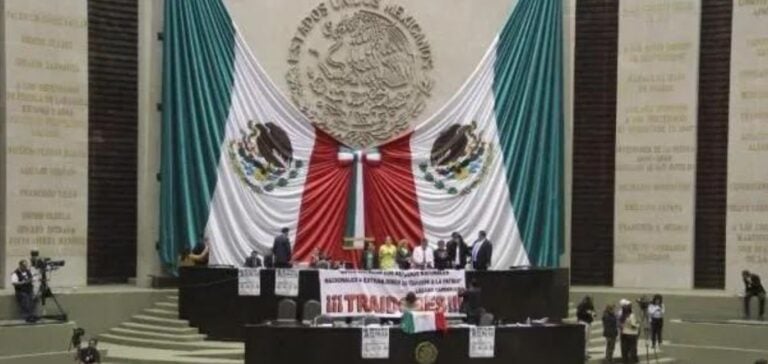Energy liberalization in 2013 aimed to open up the Mexican energy market to international competition and stimulate private investment. It introduced major reforms, including competitive bidding for oil and gas exploration, and redefined the role of state-owned companies such as CFE (Comisión Federal de Electricidad) and Pemex (Petróleos Mexicanos).
Goals and prospects for the industry under Sheinbaum
Claudia Sheinbaum, elected on June 2, 2024 with an overwhelming majority in Congress, has the unique opportunity to amend the constitution. She has often stated her intention to continue the policies of her predecessor, Andrés Manuel López Obrador, who failed to fully dismantle energy liberalization. Observers are divided on the extent of the changes to come. Some expect far-reaching reforms that would weaken judicial checks and balances, making government decisions easier. Others believe that Sheinbaum will seek to reassure investors by maintaining a stable legal framework.
Impact on Independent Regulators
One of the proposed constitutional changes includes the abolition of independent regulatory bodies such as CNH (Comisión Nacional de Hidrocarburos) and CRE (Comisión Reguladora de Energía). These bodies are considered essential for transparency and competition in the energy market. Critics argue that removing independent regulators could increase corruption and reduce transparency. However, proponents of the reforms argue that this would lead to more consistent governance and a reduction in administrative costs.
Towards a step backwards?
Players in the energy sector are concerned about regulatory uncertainty. In his first speech, Sheinbaum sought to reassure by affirming his commitment to respecting private enterprise and promoting national and international investment. However, his plans to reintegrate the CFE to eliminate inefficiencies are worrying some industry experts. Sheinbaum seems determined to reverse the 2013 reforms. This includes reintegrating CFE vertically and changing its status to focus on national interests rather than profits. Analysts believe that these changes could have mixed effects on the Mexican energy sector.
An Uncertain Future
The next few months will be crucial in determining the scope and impact of these reforms. The industry and investors will be keeping a close eye on developments, hoping that the changes will not hamper market competitiveness and transparency.
Sheinbaum’s proposed reforms could redefine Mexico’s energy landscape for years to come. The stakes are high, and the decisions taken will have a profound impact on the country’s energy economy and industry.






















